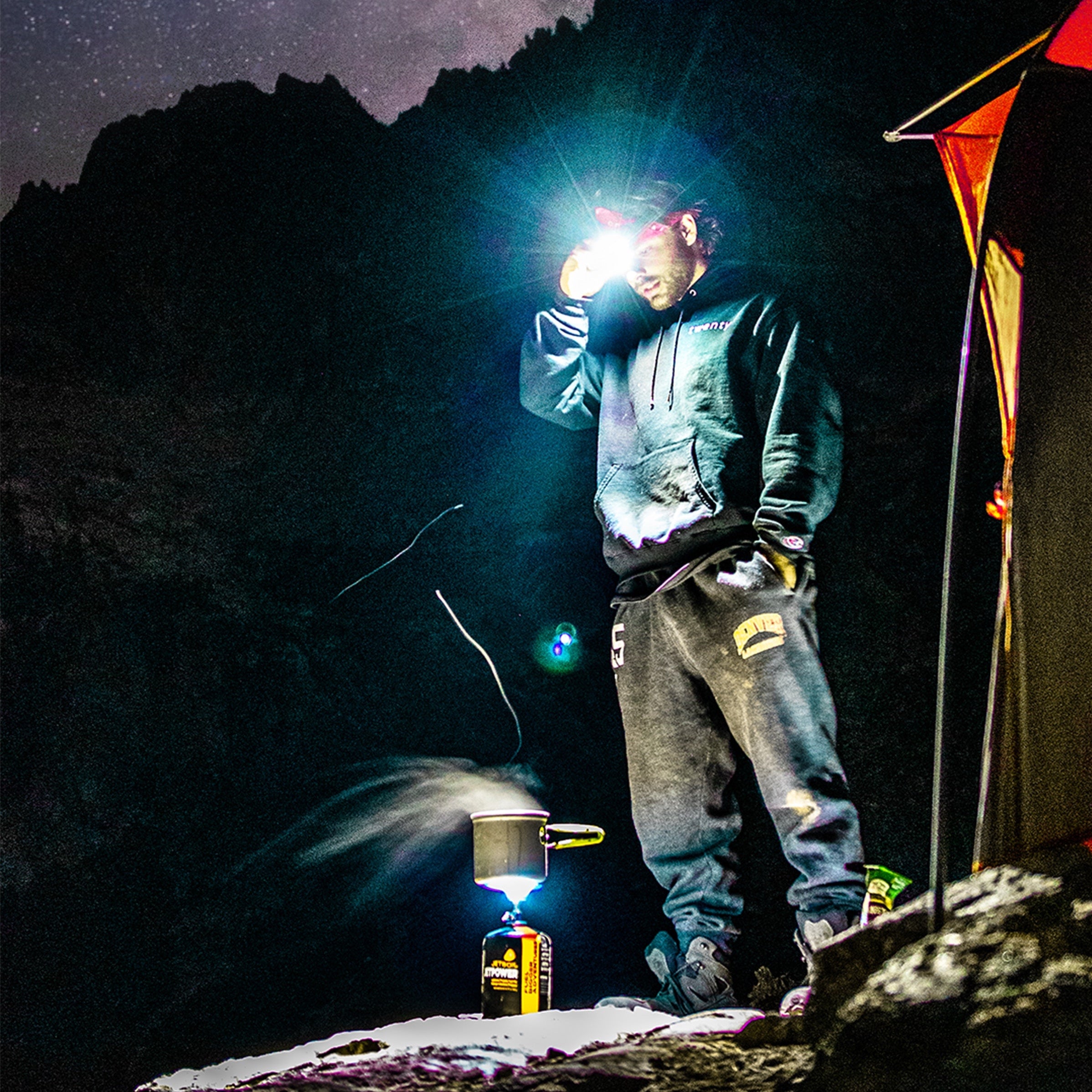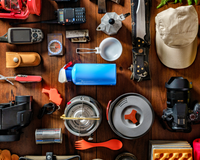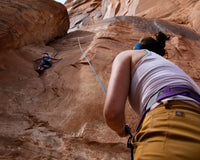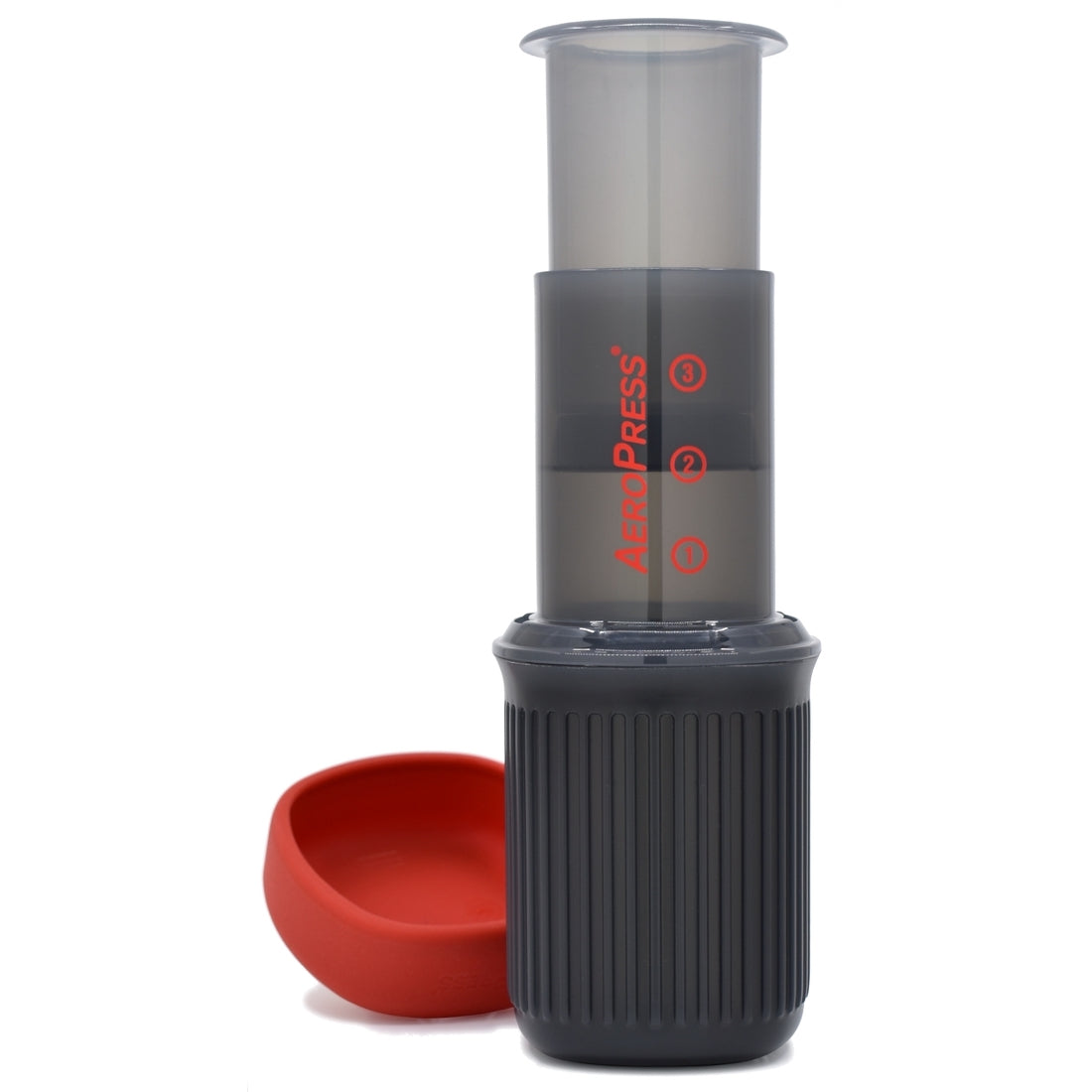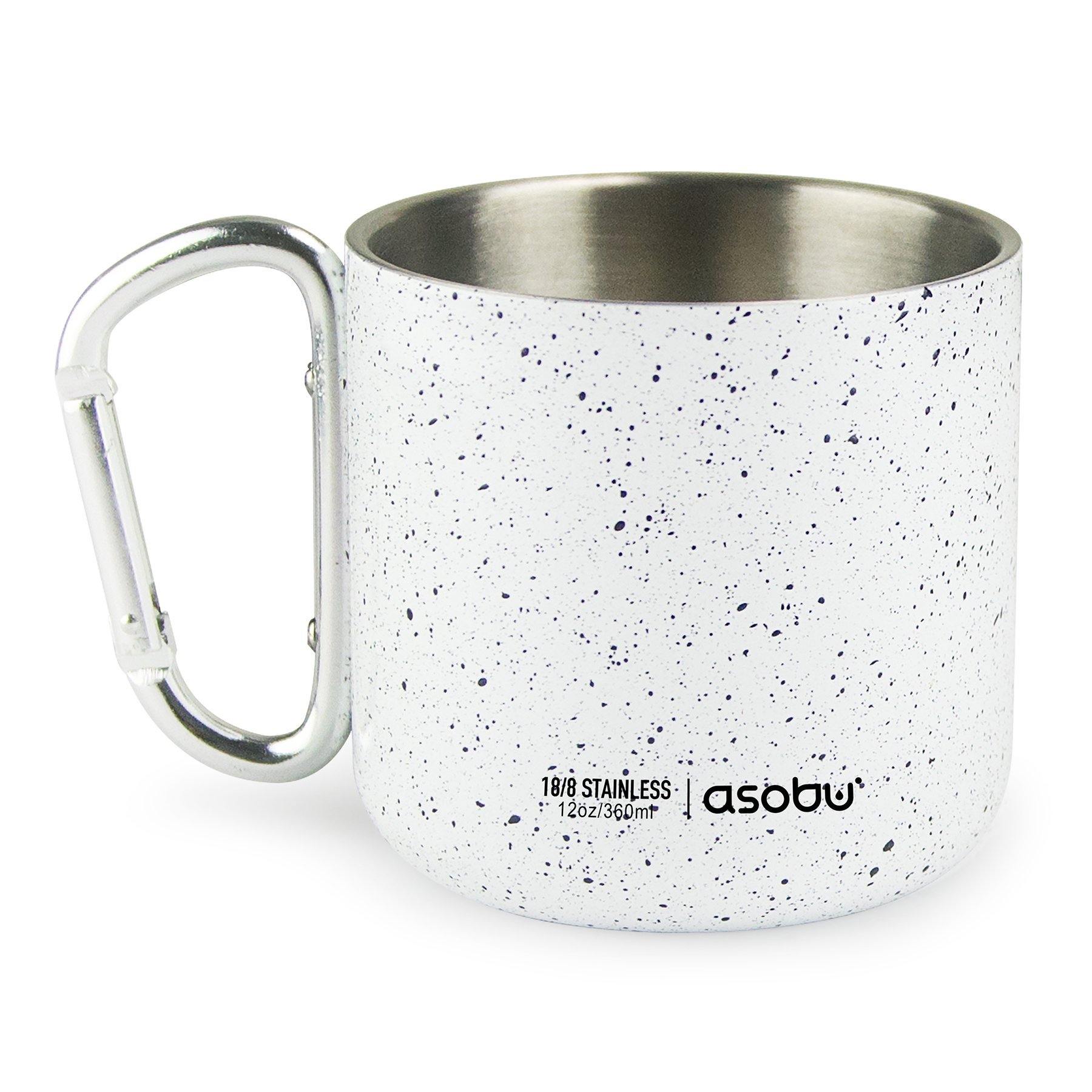Choosing the right lighting solution for your outdoor activities is essential for safety, navigation, and overall enjoyment during your adventures. In this Defiance Gear Lighting Guide, we'll explore various lighting options, key features to consider, and tips for selecting the best lighting gear for your needs.
Table of Contents
- Types of Lighting Solutions for Outdoor Adventures
- Key Features to Consider in Outdoor Lighting Gear
- Choosing the Right Lighting for Different Outdoor Activities
- Battery Options and Power Management
- Lighting Safety Tips
Types of Lighting Solutions for Outdoor Adventures
There are several types of lighting solutions available for outdoor enthusiasts, each with its own advantages and ideal applications:
- Headlamps: These hands-free lighting options are worn on the head, providing directional light that follows your line of sight. Headlamps are perfect for hiking, trail running, and campsite tasks.
- Flashlights: Handheld flashlights offer portability and versatility, allowing you to direct light where needed. They are suitable for a wide range of activities, from casual camping to search and rescue missions.
- Lanterns: Ideal for illuminating larger areas, lanterns provide 360-degree lighting for campsites, tents, and outdoor cooking areas.
- Bike Lights: Designed specifically for cyclists, bike lights ensure visibility and safety during nighttime rides and off-road biking adventures.
Key Features to Consider in Outdoor Lighting Gear
When selecting lighting gear, keep these features in mind to ensure the best performance and functionality:
- Brightness: Measured in lumens, brightness determines the intensity of the light emitted. Consider your intended activities and choose a lighting solution with appropriate brightness levels.
- Beam Distance: The distance a light can illuminate effectively impacts your ability to navigate and spot objects or obstacles in the dark.
- Run Time: The duration a light can operate before the battery is depleted is crucial for extended outdoor adventures or emergency situations.
- Water Resistance: Look for lighting gear with a suitable IPX rating to ensure protection from water and rain.
- Weight and Size: Lightweight, compact lighting options are ideal for backpacking and activities where minimizing pack weight is important.
- Multiple Modes: Lighting gear with adjustable brightness levels and modes, such as strobe or red light, offers versatility for different situations and activities.
Choosing the Right Lighting for Different Outdoor Activities
Select lighting gear that is tailored to your specific outdoor activities and requirements:
- Hiking and Backpacking: Opt for lightweight, compact headlamps or flashlights with sufficient brightness and runtime to navigate trails and perform camp tasks after dark.Camping: Choose versatile lighting options, such as lanterns for illuminating your campsite, and headlamps or flashlights for individual tasks and navigation.
- Trail Running: Look for lightweight, comfortable headlamps with adjustable brightness levels and a wide beam for optimal visibility during nighttime runs.
- Mountain Biking: Invest in powerful bike lights with a long beam distance for off-road biking, as well as rear lights to ensure visibility to other riders and traffic.
- Fishing and Hunting: Consider headlamps with red or green light modes to preserve night vision and minimize disruption to wildlife.
- Search and Rescue: Opt for high-lumen flashlights with long runtimes and multiple lighting modes, including strobe or SOS, to assist in emergency situations.
Battery Options and Power Management
The choice of batteries for your lighting gear can impact performance, runtimes, and overall convenience:
- Disposable Batteries: Alkaline or lithium disposable batteries are widely available and easy to replace, making them a convenient option for outdoor adventures. However, they can be less environmentally friendly and may have a shorter runtime.
- Rechargeable Batteries: Rechargeable batteries, such as NiMH or lithium-ion, offer longer runtimes and can be recharged multiple times, reducing waste. They may require more planning and access to charging sources during extended trips.
- Battery Management: To maximize battery life, use lower brightness settings when possible and turn off your lighting gear when not in use. Carry spare batteries or a portable charger for extended trips or emergencies.
Lighting Safety Tips
Follow these safety tips to ensure proper lighting use during your outdoor activities:
- Always test your lighting gear before embarking on an adventure to ensure proper functioning and battery life.
- Carry spare batteries or a portable charger to avoid running out of power during critical situations.
- Use the appropriate brightness setting and mode for your activity to conserve battery life and maintain visibility.
- Be mindful of other people and wildlife by avoiding shining bright lights directly into their eyes.
- Practice proper battery disposal and recycling to minimize environmental impact.
Conclusion
Choosing the right lighting gear for your outdoor adventures is crucial for safety, navigation, and overall enjoyment. By understanding the different types of lighting solutions, considering key features, and selecting the appropriate gear for your activities, you'll be well-equipped for any outdoor situation. Visit Defiance Gear's Essential Outdoor, Hiking, and Camping Gear Questions Answered for more outdoor gear recommendations, tips, and insights to help you make the most of your outdoor experiences.
Back to the Top

